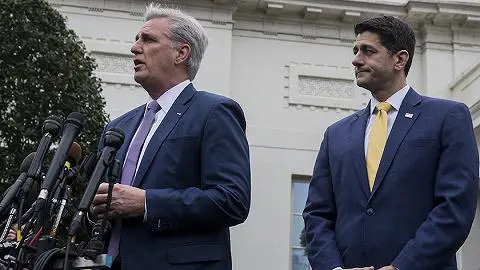Yemeni political factions within the power-sharing government and the Shiite Houthi group signed on Sunday a ceasefire deal after days of fierce battles in the capital city of Sanaa.
The deal called for forming a new government of technocrats from all factions, including Houthis, naming a new prime minister, ending political and security tensions and forming a committee to work hard on improving livelihood and reducing fuel prices.
Observers said although the deal put an end to week-long deadly clashes, it will take the new government a long time to make Houthis adapt to political and peaceful options after their long history of armed conflicts, which bring more uncertainties to political transition after the 2011 revolution toppled the former regime.
Houthi Dilemma
Observers said the formation of the new government and its function in the future will not proceed smoothly as the Houthi group thinks of taking power by force.
Nabil Albukiri, head of the Arab center for political studies and development, said the first challenge to be faced by the incoming government will be the Houthi group itself.
"This group used to be heavily armed and not to hesitate to take arms against the government and tribal or political foes during disagreements," Albukiri said.
"I am not against reconciliation with or inclusion of such a group in the government. My point is that if the government can't disarm Houthis and ensure their commitment to implementation of the dialogue's outcomes, the deal will then turn into a joke," he said.
On Sunday, Houthi militants seized key public offices, including the Defense Ministry, the army command, the radio station and the prime minister's office, a day after they seized and shut down Yemen's national TV.
During the clashes between the Houthi group and the army, more than 200 people were killed and thousands forced to flee their homes.
Abdul Salam Muhammad, head of ABAAD studies and research center, said if armed groups can not understand requirements of the turning point Yemen is passing through, the deal will not resolve anything.
"The deal has guaranteed the inclusion of one more faction, the Houthis, and we all know the history of these people, including their hunger for arms and wars. If it is true that they have rejected the security extension of the deal, this makes it possible that Yemen sees more violence in the future," Muhammad added.
Presidency sources said Houthi representatives who signed the deal refused to sign on the security extension.
The extension focused on disarming violent groups, helping the government impose the rule of law in all parts of the country, ceasing battles in Sanaa and provinces of Jawf, Marib and Amran, and withdrawing from areas Houthis have seized.
Challenge for Technocrat Cabinet
The ceasefire deal was signed amid continued violence in the capital in a sign which exposes the reluctance of some Yemeni factions to work as a whole and put the national interest above everything else.
Fuad Alsalahi, a political sociology professor at Sanaa University, said the success of the new government depends on sincere efforts of all factions.
"The new government will succeed if its members prove they are technocrats devoted to working together in order to fight corruption through practical commitment not offering inapplicable visions," Alsalahi said.
Yemen is the poorest country in the Middle East region suffering from increasing poverty and unemployment rates of above 55 percent. Also, it is facing alarming financial problems including an increasing budget deficit mainly due to the sharp drop in oil revenues.
In this context, observers warned of focusing on development agenda during the teetering transition process.
Marzouk Mohsen, executive director of the economic and social development research center, said the term "technocrat" never means the new government will have a magic stick to address issues.
"I think it is not reasonable that a country has a technocrat government during the transition period. In transition, countries usually suffer from social, security and political instability and that is reflected directly on economic recovery and reforms," Mohsen said.
"I expect the problems will double in Yemen in the future and I warn of focusing on development programs which the new government can't be committed to," he said.
 简体中文
简体中文

